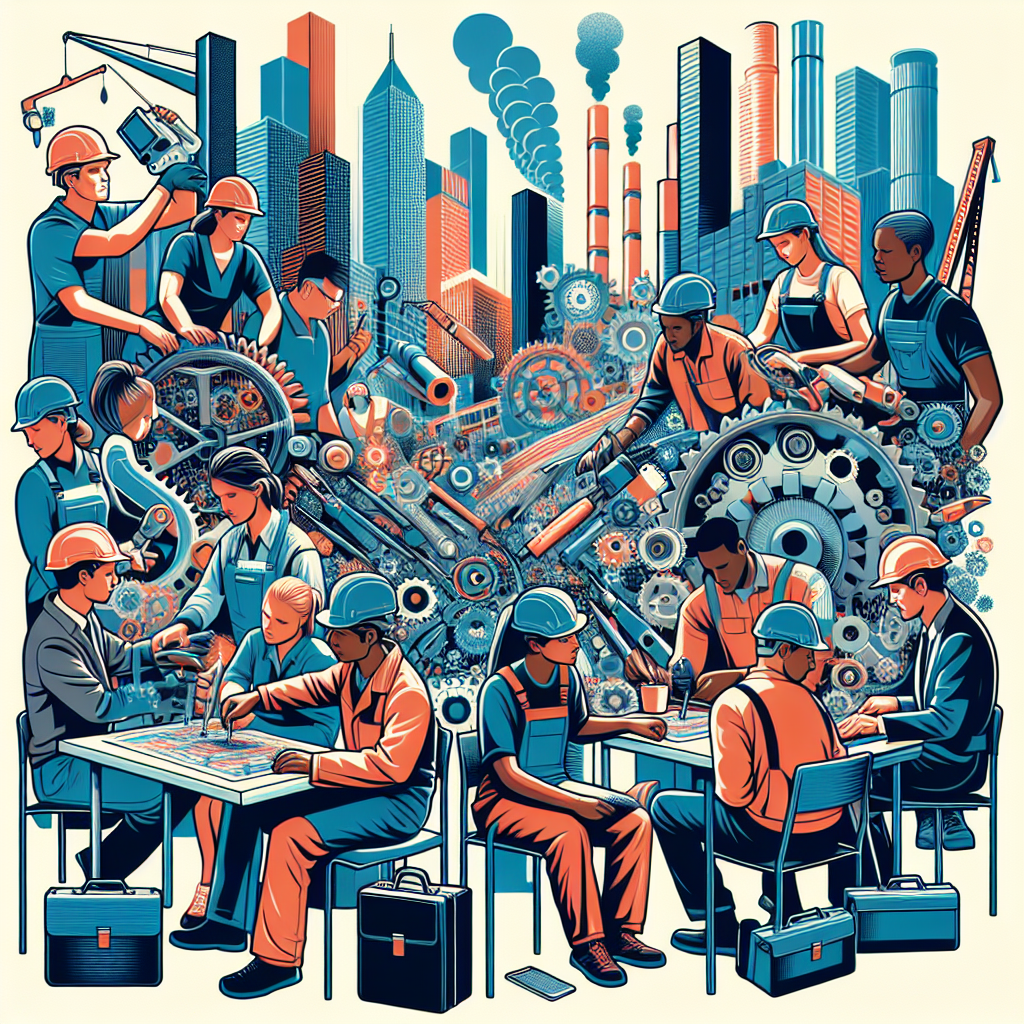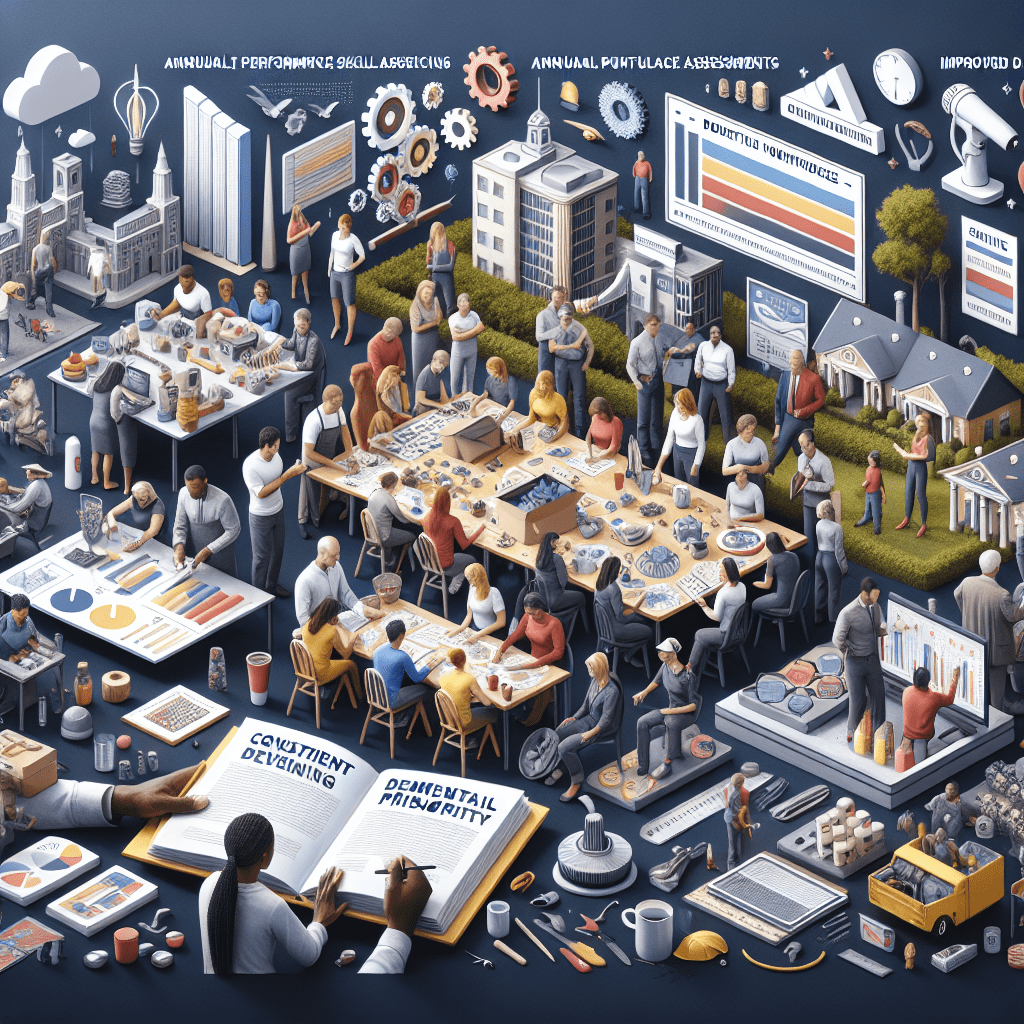
The Urgency of Skills Development: Shaping Tomorrow’s Workforce

The Conversation Around Skills Development is More Critical Than Ever
Let’s get straight to the point: the conversation about skills development is not just important; it’s absolutely vital. Recent insights from Phil Smith, chair of Skills England, brought this reality home. Watching his interview at the AELP National Conference, I was struck by how clear and urgent his message was. We are at a crossroads, and the decisions we make today will shape the workforce of tomorrow.
Why Skills Matter
Why does this matter so much? Because skills are the backbone of our economy. It’s not just about having a pool of talent; it’s about nurturing that talent effectively. At City Skills, we firmly believe that investing in developable talent isn’t merely a box-ticking exercise—it’s a responsibility. Our economy thrives on skilled individuals who can tackle the evolving challenges of their sectors.
Phil laid out some compelling points, starting with the urgent need for quality training programmes. This isn’t just about teaching someone how to use a piece of software. It’s about preparing our workforce for the 21st-century job market, which is dynamic and full of possibilities.
The Call for Quality Training
When you think about it, quality training is akin to planting seeds in a fertile ground. Without that groundwork, how can we expect to cultivate a skilled workforce that meets the demands of today and tomorrow? It’s time for businesses to step up and collaborate with educational institutions. When I look back at my own entrepreneurial journey, so much of my learning came from being hands-on, taking risks and not being afraid to fail. We need to foster that same spirit in our future leaders.
Have you ever wondered how your organisation can find the right training partnerships? This is where collaboration comes into play. It’s not just an idealistic vision; it’s a necessity. Engaging in partnerships with local colleges or universities can lead to innovative training programmes tailored to meet specific skills shortages.
The Role of Technology in Bridging Skills Gaps
Now, let’s talk about technology. It’s no secret that the digital landscape is changing at lightning speed. Phil emphasised how technology can be a game-changer in bridging skills gaps. From online learning platforms to virtual reality training, the tools are there, waiting to be harnessed.
Ask yourself: how could your organisation leverage technology to enhance its training offerings? This is the time to be proactive, exploring new methods to deliver training that resonates with different learning styles. If you’re still relying solely on traditional training methods, you might find yourself lagging behind.
A Collective Responsibility
For every leader in our industry, the message is clear: we cannot afford to sit on the sidelines. The future of our workforce hinges on how we respond to these challenges. Phil’s words were a gentle yet firm nudge, reminding us that we have a collective responsibility to foster a culture of continuous learning.
As someone who has always believed in the power of giving back, I’m reminded of my early days when I had mentors who invested in me. That personal touch makes all the difference. And you know what? We can’t underestimate the role of mentorship in skills development. Pairing experienced professionals with newbies can accelerate growth and confidence.
Wrapping Up
So, what are you doing to ensure your team is equipped for tomorrow? Are you actively seeking innovative training solutions that meet the unique needs of your workforce? The conversation around skills development is ongoing, and we all play a part in it.
I encourage you to reflect on your role in this journey. Perhaps reach out to a local educational institution, or even start a dialogue with your team about their training needs. After all, investing in skills is not just an organisational goal; it’s a societal imperative.
Let’s continue this conversation. What are your thoughts on skills development? How can we create a better future together?





